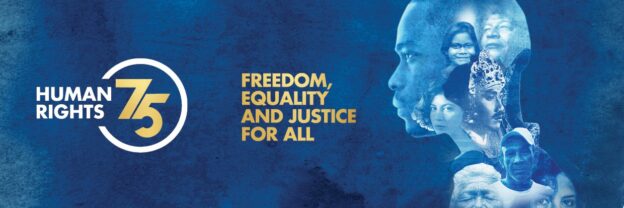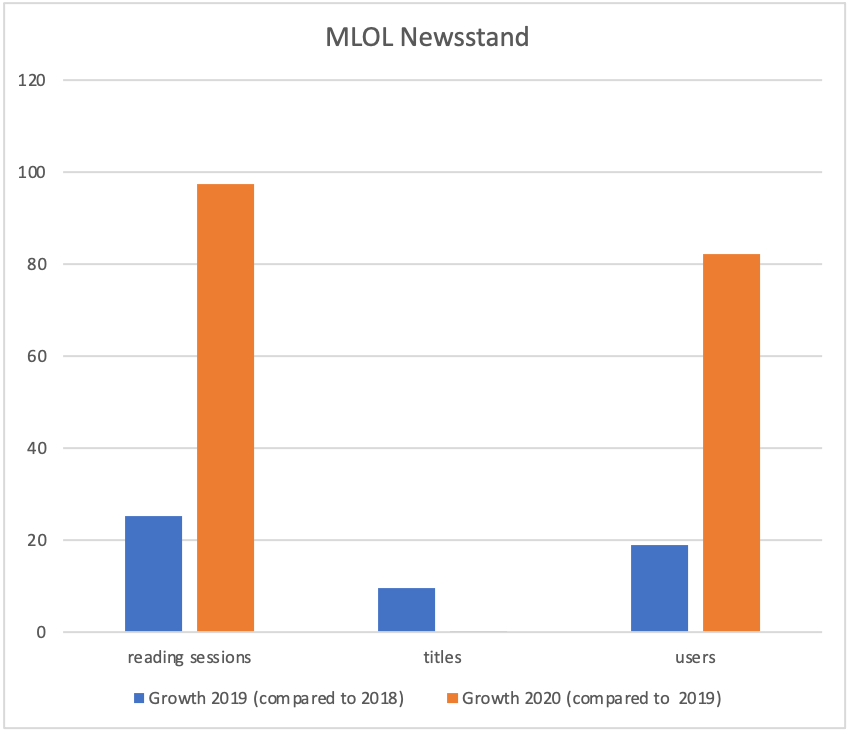This year on the 10 of December we commemorate the Human rights day that will also be accompanied by a High-Level hybrid event on the 11-12 of December. Please see below for more information on this event.
The Universal Declaration of Human Rights is celebrating its 75th anniversary this year, a landmark document that established a common standard for human rights around the world. Following World War II, which was characterized by terrible atrocities and extreme suffering for humanity, the UDHR emerged. The urgent need to create a global framework for protecting human dignity and preventing future violations led to its formation.
Over these 75 years, the Declaration’s main goals have been to instill justice, equality, and fundamental freedoms in society. It is a cornerstone of the 2030 Agenda for Sustainable Development, serving as a worldwide model for regional, national, and local laws and regulations.
A variety of human rights allude to the work of libraries: Article 12 refers to the right to privacy; Article 26 marks the right to education; Article 27 states that everyone has the right to freely participate in the cultural life of the community; and of course, the heart’s mission of libraries is reflected in Article 19, which refers to the right to freedom of opinion and expression.
In addition to providing access to information, libraries and librarians play a vital role in promoting and protecting human rights worldwide by building awareness, empowering individuals and communities, developing diverse collections, programs, and services, promoting inclusion, and advocating for policy change.
IFLA has promoted human rights through a variety of means, placing the principles of freedom of access to information and freedom of expression at the heart of its values alongside wider human rights.
In 1997, IFLA’s decision to establish the Committee on Free Access to Information and Freedom of Expression (FAIFE) strengthened the Federation’s commitment to actively promote and defend human rights in relation to information access. This decision encouraged the profession to engage pro-actively with human rights, which was a radical expansion of the profession’s self-concept.
As expressed in the Glasgow Declaration on Libraries, Information Services, and Intellectual Freedom, IFLA proclaims the fundamental right of human beings both to access and to express information without restriction.
As we commemorate the 75th anniversary of the Human Rights Declaration, it is crucial to continually defend against ongoing challenges to freedom of expression and freedom of access to information. It is also a useful opportunity to remember their relevance in today’s post-pandemic world, with challenges such as armed conflicts, attacks on press freedom, disinformation, hate speech, censorship, and discrimination.
This decade has been called “The Decade of Action to deliver the Global Goals,” which calls for accelerating sustainable solutions to all the world’s biggest challenges through global action and building on the progress achieved in the last 75 years. This decade will be the most critical for our generation. This call for action involves all sectors; today, more than ever, the work, ethics, and professionalism of librarians are needed to tackle the global challenges. Upholding and promoting human rights requires ongoing work.
In 2023, the UN Human Rights Office will be organizing a High-level Event on 11 and 12 December to mark the 75th anniversary of the Universal Declaration of Human Rights (UDHR). The event is the culmination of Human Rights 75 – a year-long initiative by the Office to reaffirm the values of the Universal Declaration and recommit to human rights as the pathway to address the challenges of today and the future.
The event allows for hybrid participation and it is a good opportunity for people in the library field to reaffirm the important role that libraries play in this process.
Click here to access the event and registration page.
This post was written by Jonathan Hernández, Chair of the Freedom of Access to Information and Freedom of Expression Advisory Committee for the 2023-2025 period.


 Two much anticipated rulings have come from the Court of Justice of the European Union. Both are ‘preliminary rulings’, effectively requests to the Court to offer clarification on what EU law – in this case the ‘right to be forgotten’ doctrine created by the Court in 2014 and placed in legislation in the
Two much anticipated rulings have come from the Court of Justice of the European Union. Both are ‘preliminary rulings’, effectively requests to the Court to offer clarification on what EU law – in this case the ‘right to be forgotten’ doctrine created by the Court in 2014 and placed in legislation in the